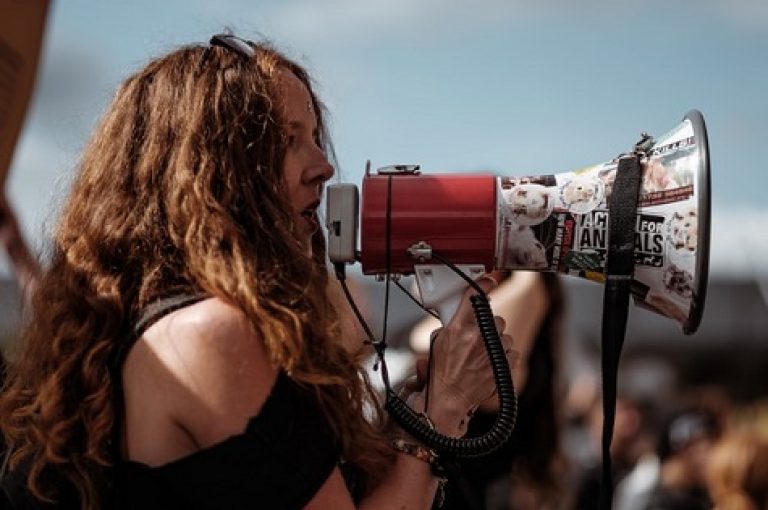In Colorado, a criminal offense can be charged as either a misdemeanor or a felony. While most American are aware of these classifications, many may not know what they mean or how a crime is categorized. Generally, an offense will be classified depending on the severity of the crime. Felony charges are associated with more severe crimes while misdemeanors are reserved for the lesser offenses. Additionally, both misdemeanors and felonies contain sub-categories, further differentiating between the seriousness of a crime. While there are also other categories of misconduct, such as parking violations, most criminal offenses will fall into one of these classifications. Misdemeanors Class One Penalty: 6-24 months in county jail. Fine: $500 – $5,000. Class Two Penalty: 3-12 months in county jail. Fine: $250 – $1,000. Class Three Penalty: 0-6 months in county jail. Fine: Up to $750. Jail is not mandatory for Colorado misdemeanor cases. Most misdemeanor sentences include a probation sentence. However, a court may sentence a person up to 60 days in jail as a condition of probation. Additionally, a court could sentence a person up to one year of work release as a condition of probation. Examples of misdemeanors in Colorado include: Assault False Reporting Criminal Mischief Theft Unlawful Sexual Contact Felonies In Colorado, there are six classes of felonies. The lower the class, the higher the potential punishment. Class One Felony (F1) Penalty: LIFE in prison or DEATH by execution. Parole: There is no possibility of parole for a class one felony. Class Two Felony (F2) Penalty: 8 yrs – 24 years, Exceptional Circumstances: 4 – 48 years. Parole: Mandatory 5 years. Fine: $5,000 – $1,000,000. Class Three Felony (F3) Penalty: 4 – 12 years in prison, Exceptional Circ.: 2 – 24 years. Extraordinary Risk Crime: 4 – 16 years, Exceptional Circ.: 2 – 32 years. Parole: Mandatory 5 years. Fine: $3,000 – $750,000. Class Four Felony (F4) Penalty: 2–6 years, Exceptional Circ.: 1 – 12 years. Extraordinary Risk Crime: 2 – 8 years. Exceptional Circ.: 1 – 16 years. Parole: Mandatory 3 years. Fine: $2,000 – $500,000. Class Five Felony (F5) Penalty: 1–3 years, Exceptional Circ.: 6 months – 6 years. Extraordinary Risk Crime: 1 – 4 years, Exceptional Circ.: 6 months – 8 years. Mandatory Parole: 2 years. Fine: $1,000 – $100,000 Class Six Felony (F6) Penalty: 1 – 18 months, Exceptional Circ.: 6 months – 3 years. Extraordinary Risk Crime: 1 – 2 years, Exceptional Circ.: 6 months – 4 years. Parole: Mandatory one year. Fine: $1,000 – $100,000 Crimes presenting an “extraordinary risk” of harm to society include the following: Aggravated Robbery, CRS § 18-4-302 Child Abuse, CRS § 18-6-401 Unlawful distribution, manufacturing, dispensing, sale, or possession of a controlled substance with the intent to sell, distribute, manufacture, or dispense Sale or distribution of materials to manufacture controlled substances Crimes of Violence Stalking, CRS § 18-9-111(4) Examples of felonies can include: Contributing to the Delinquency Menacing Criminal Impersonation Forgery Identity Theft Burglary Drug Crimes Internet Sex Crimes Distribution of Illegal Child Media On top of the penalties discussed above, those convicted of a felony may be subject to additional restrictions and punishments. A felony charge on your criminal record can follow you for life. For example, felons may be restricted for taking part in elections, voting, or serving on juries. Additional, those convicted of felonies may be restricted from holding certain occupations such as many positions in the public sector. Having multiple charges on your record, or depending on the nature of a single charge, may prevent individuals from serving in the military. Award-Winning Criminal Defense If you have been accused of a crime, waste no time in contacting Musell Law. Our lead Denver criminal defense attorney has more than a decade of trail-tested legal experience and has helped clients in over a thousand cases. Attorney Musell has been honored by numerous legal organizations and has been included on the National Trial Lawyers: Top 100 list for Colorado. Make no mistake, both felony and misdemeanor charges must be taken extremely seriously and when your future is on the line. Our firm is here to help. Call (720) 722-3457 to schedule a free consultation and talk to an attorney about your case.

What Is the Difference between a Misdemeanor and a Felony?
Subscribe to receive Colorado criminal law updates.
We will send you updates on Colorado criminal law after each legislative session.
top posts
more articles

Disorderly Conduct Charges in Denver | CRS 18-9-106
Disorderly conduct charges in Denver can result from creating excessive noise, fighting in public, or showing a weapon. Sometimes defendants aren’t quite sure what they did that qualifies as disorderly conduct. Police are known to arrest several people when public fights occur or in certain protest situations as they’re not always sure who did what

Criminal Impersonation Attorney in Denver
Criminal impersonation is an offense that goes beyond simply pretending to be someone else. A person must also make someone responsible for their conduct or benefit themselves at another’s expense. Also known as false personation or false impersonation, the punishments for conviction can mean time in prison and significant fines. Additionally, having a record with

Aurora Criminal Mischief Lawyer
Criminal Mischief charges in Aurora, Colorado often result from someone damaging another’s personal property. Sometimes referred to as vandalism, criminal mischief carries a wide range of potential consequences based on the extent of the damage. Late last month, a Colorado man was arrested after allegedly attacking drivers with a tire iron at a busy intersection.
